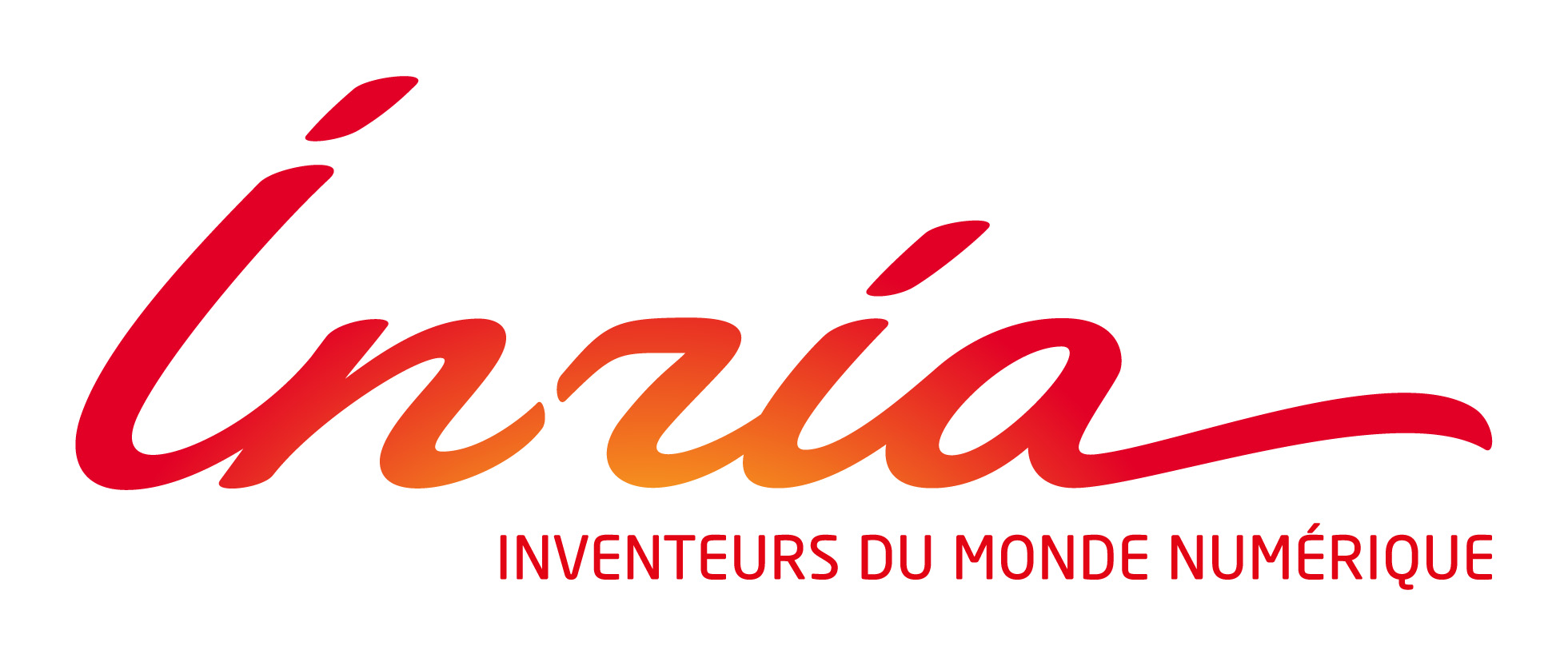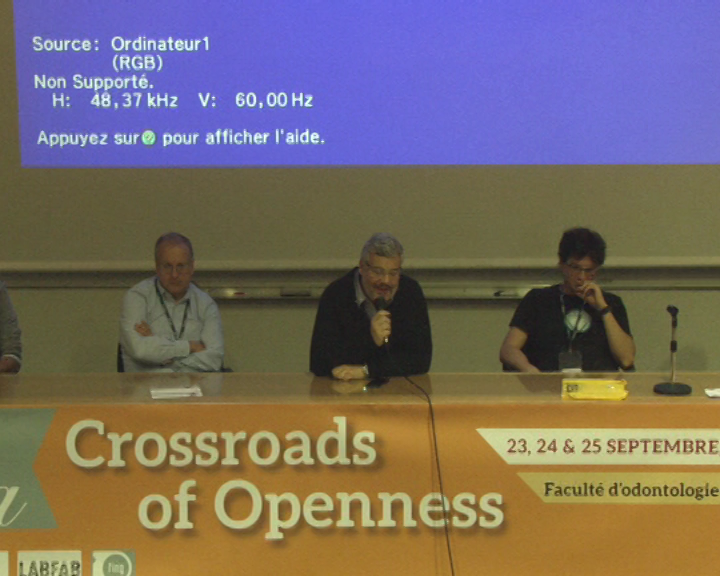Abstract:
Nowadays, Internet services rely mainly on centralized physical infrastructures, such as large scale datacenters as it greatly simplifies the deployment of software services since such physical infrastructures are always online but this is at a cost of being a single point of failure and privacy issues.
Recent trends in industry have seen the creation of multiple data centers geographically scattered and interconnected with fast private networks to better serve the user needs and cope well in case of power outage, network failures, or natural disasters.
These trends can be further developed so that cloud services can be hosted at home using low-power and persistent computing systems. Such an approach has always been possible in theory using personal computers. However, energy consumption, and thus energy cost prevented it to practically happen.
Rapid evolution of smartphone technologies is changing the situation very quickly. It is nowadays feasible to design very low power computing systems using smartphone components (such as ARM based processors or Intel based low power processors). 2015 has seen a spectacular number of announcements for PC sticks, mini or nano-PCs. Such machines consume few watts (typically 3-5 watts), while providing very good performance when using multicore processors and thus can be always-on with an energy cost below 10€ per year.
- It is thus possible to have always-on computing systems at home hosting internet services allowing citizens to have a better control over their data without the need to delegate the management of their sensitive information to public cloud providers.
- Will 2015 be the rise of Citizen clouds ?
|


